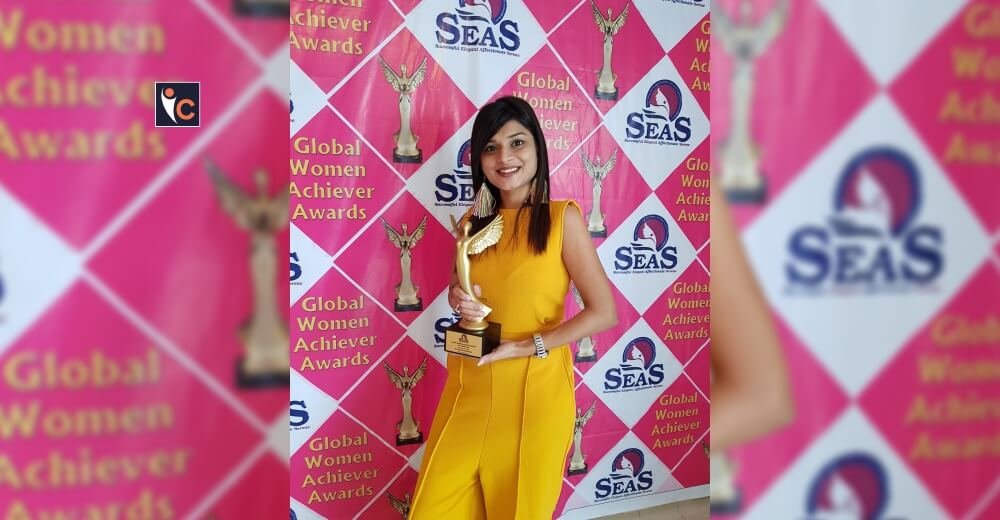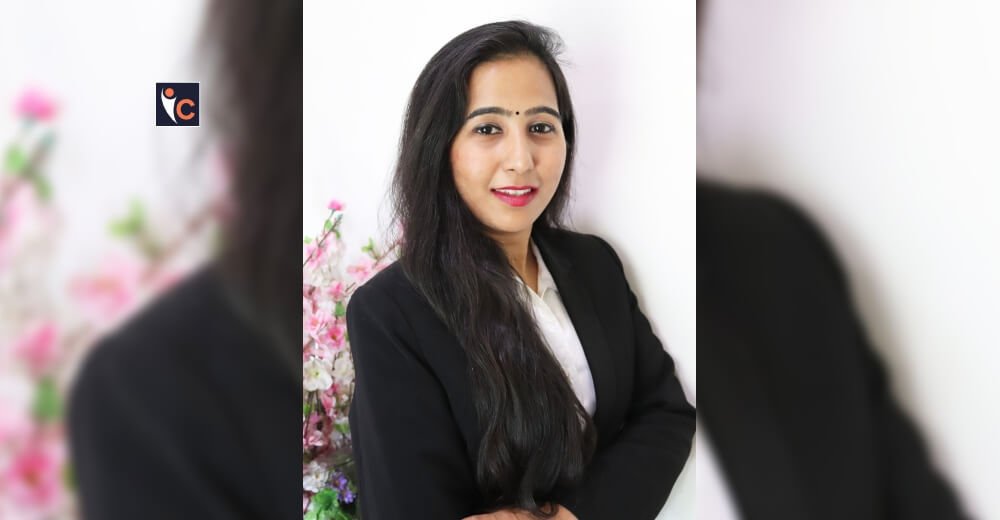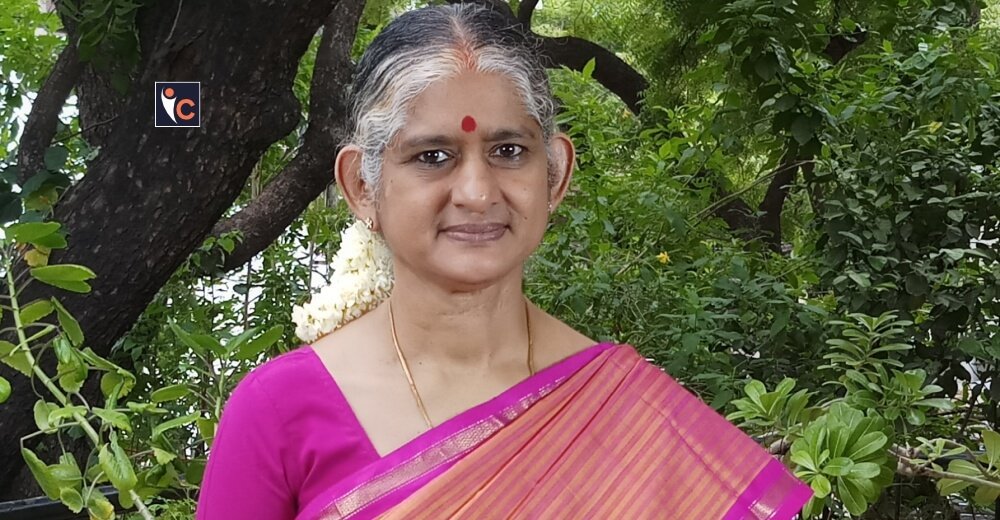In the world of healthcare, healing and compassion are like guiding stars, showing the way to recovery and renewal. In India’s rehabilitation centers, these values are crucial, shaping how patients find their way back to health. Dr. Nikhil Phogaat is one such pillar of compassion, leading the charge with his dedication to holistic care. With over a decade of experience in the medical field, Dr. Phogaat’s expertise has been instrumental in transforming the lives of countless individuals battling addiction and other challenges.
As a Consultant Doctor at Second Life De-Addiction Centre, Dr. Phogaat’s approach is rooted in personalized care, tailored to meet the unique needs of each patient. He believes in addressing not just the physical symptoms of addiction, but also the underlying psychological and emotional factors contributing to the cycle of dependency. Through a combination of evidence-based therapies, including motivational counseling, relapse prevention therapy, and family therapy, Dr. Phogaat helps patients develop the tools they need to overcome addiction and rebuild their lives.
Let’s explore the profound difference that healing and compassion make in India’s rehabilitation centers, guided by the compassionate efforts of professionals like Dr. Nikhil Phogaat!
Please introduce yourself and give an overview of your professional tenure.
I’m Dr. Nikhil Phogaat, and my journey in the medical field has been both enriching and purpose-driven. After completing my MBBS degree, I embarked on a fulfilling career path that began with a Residency at Safdarjung Hospital, where I had the privilege of honing my medical skills and serving diverse patient populations for a year. However, it was during the tumultuous period of the COVID-19 pandemic that I felt a profound calling to contribute my expertise as a medical officer. For the past two years, I’ve been on the frontline, tirelessly providing healthcare services and combating the challenges posed by the pandemic. Furthermore, I worked as a Medical officer under Delhi government vaccination drive in which we vaccinated more than 10000 people per day for a years. My dedication to healing and compassionate care has led me to my current role at a renowned SECOND LIFE de-addiction centre. Here, I am deeply committed to supporting individuals in their journey towards recovery, empowering them to overcome addiction and reclaim their health and well-being.
About SECOND LIFE REHABILITATION CENTRE, what is its mission in the rehabilitation industry?
Our organisation, Second Life De-Addiction Centre, situated in Dera village, Chhatarpur, South Delhi, offers a comprehensive range of facilities to support individuals on their journey to recovery from addiction. Upon admission, individuals receive personalised care tailored to their specific needs, starting with a thorough detoxification process overseen by our experienced medical team. Our detoxification program is designed to safely manage withdrawal symptoms and prepare individuals for the next phase of their rehabilitation journey.
In addition to medical care, we provide access to qualified psychologists and psychiatrists who offer therapeutic support and guidance throughout the recovery process. Our team of mental health professionals specialises in addressing the underlying psychological factors contributing to addiction, empowering individuals to develop coping strategies and achieve lasting change.
At Second Life, we understand the importance of holistic healing, which is why we offer 24/7 medical assistance to ensure round-the-clock support and monitoring for our clients. Our dedicated staff is committed to providing compassionate care and support at every step of the recovery journey.
Furthermore, we recognise the value of incorporating holistic practices into our treatment approach. That’s why we offer yoga classes and meditation sessions as part of our program. These practices promote physical wellness, mental clarity, and emotional balance, providing individuals with valuable tools for managing stress and cravings during their recovery journey.
Our mission at Second Life De-Addiction Centre is to guide individuals towards a brighter, substance-free future through personalised care and holistic support.
What are the types of therapy that your organisation offers? How does it differ from other rehabilitation centres?
At Second Life, our addiction rehabilitation program incorporates a variety of therapies aimed at supporting individuals on their path to recovery. we have a 24hrs Doctor available at our centre. We offer motivational counselling to ignite the spark of change within individuals, relapse prevention therapy to equip them with coping strategies for life’s challenges, and family therapy to strengthen their support network and mend relationships strained by addiction. Additionally, our group therapy sessions provide a safe space for individuals to share experiences, offer mutual support, and build connections with others facing similar struggles. Complementing these traditional approaches, we integrate the healing power of yoga, fostering physical strength, mental clarity, and emotional resilience. Together, these therapies form a holistic framework that addresses the multifaceted aspects of addiction and empowers individuals to reclaim control of their lives.
How do you assess a patient’s needs and develop an individualised rehabilitation plan?
At our centre for helping people overcome addiction, we start by talking with each person to understand their unique situation. We look at things like their health, their history with drugs or alcohol, and what they want to achieve. If someone has been using drugs for a long time and has become dependent on them, we need to help them safely stop using. This process, called detoxification, can be challenging, but we use both pharmacological (medicine-based) and non-pharmacological (therapy-based) methods to support them through it.
Pharmacological methods involve using medications to manage withdrawal symptoms and cravings.
Non-pharmacological methods focus on therapy and counselling to address the psychological and behavioural aspects of addiction. Techniques such as cognitive behavioural therapy (CBT) help individuals understand and change the thoughts and behaviours that contribute to their addiction. Additionally, we may use mindfulness practices, relaxation techniques, and stress management strategies to help individuals cope with cravings and prevent relapse.
By combining both pharmacological and non-pharmacological approaches, we provide comprehensive support to individuals during the detoxification process. This not only helps them safely manage withdrawal symptoms but also equips them with the skills and strategies they need to resist cravings and maintain their recovery in the long term.
How do you involve family members in the rehabilitation process?
We know that having support from family and friends is really important when someone is trying to stop using drugs or alcohol. That’s why we include family members in our program. We teach them about addiction and how they can help their loved one. Sometimes, we have meetings where everyone can talk openly about how they’re feeling and what they need. This helps everyone understand each other better and work together towards recovery.
How would you guide someone who wishes to work in the rehabilitation industry?
If you’re considering a career in the rehabilitation industry then you can begin by pursuing education and training in fields such as counselling, psychology, social work. In India, there are certificate courses available, such as the Certificate in Addiction Counselling offered by institutions like the National Institute of Social Defence (NISD) or the Certificate Course in Rehabilitation Counselling accredited by the Rehabilitation Council of India (RCI). These courses provide a solid foundation of knowledge and skills essential for working in this fields.
Gain practical experience through volunteering or internships at rehabilitation centres or NGOs specialising in addiction and rehabilitation services. This hands-on experience will offer valuable insights into the challenges and rewards of the field and help you develop essential skills in counselling, therapy.
Stay updated on the latest research, treatments, and approaches in addiction and rehabilitation by attending workshops, conferences, and seminars conducted by reputable organisations and institutions in India.
What are the future plans and goals of your organisation?
In the future, we want to make sure that more people can get the help they need to overcome addiction. That might mean reaching out to more communities and making our services easier to access. We also want to try new ways of helping people, like using technology to connect with them online. And we’ll keep working with others to make sure that everyone has the support they need to live a healthy, happy life without addiction.
Assessing Success in Rehabilitation Program
In our rehabilitation and De addiction centre, success is measured by the positive transformation in our patients lives. We look at several factors to gauge progress: sobriety maintenance, improved physical and mental health, restored family relationships, and successful reintegration into society. We track each individual’s journey, celebrating milestones like completing treatment programs, gaining employment, and embracing healthier lifestyles. Ultimately, success is when our patient reclaims their lives from addiction, finding hope, purpose, and joy in their recovery journey.





